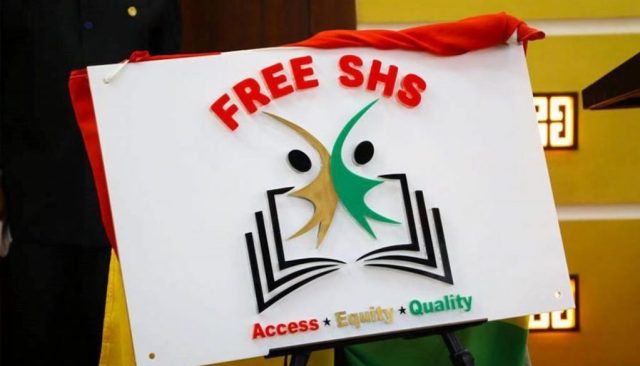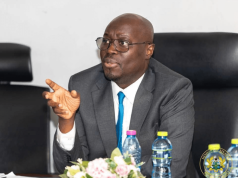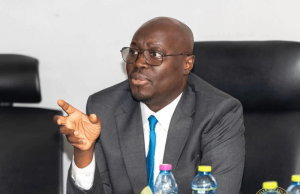Mustapha Gbande, Deputy General Secretary of Ghana’s National Democratic Congress (NDC), has labeled the implementation of the Free Senior High School (Free SHS) policy as a squandered chance to drive meaningful social transformation, citing flawed execution and political prioritization over systemic improvement.
Speaking on Starr Chart with Bola Ray, Gbande acknowledged the policy’s potential to alleviate financial burdens for families like his own, recalling his personal struggles to afford school fees. However, he argued that inadequate infrastructure investment, poor teacher welfare, and rushed planning undermined its long-term impact. “They fed the students poorly, didn’t invest in infrastructure, and teachers weren’t motivated. It was a good vision, but the execution was politically motivated,” he stated.
Gbande’s critique aligns with growing concerns among educators and stakeholders about the sustainability of the program, which has expanded access to secondary education but faces criticism over declining quality and equity. He accused the government of leveraging the policy as a campaign tool rather than a genuine effort to address educational inequality. “Free SHS was a good policy, but poorly executed. They used it as a political tool, not a social intervention,” he emphasized.
The remarks highlight a broader debate over balancing accessibility with educational standards in public policy. While Free SHS has enabled over 1.2 million students to enroll since its 2017 launch, critics argue that insufficient funding for classroom expansions, teacher training, and logistical support has strained the system. Recent reports of overcrowded classrooms and inconsistent resource distribution underscore these challenges, fueling calls for a comprehensive review to align the policy’s objectives with sustainable implementation strategies.
Gbande’s intervention reflects a recurring tension in education reform: the gap between aspirational policies and grounded execution. As Ghana grapples with these systemic issues, the Free SHS program stands as both a milestone in educational access and a cautionary tale on the risks of prioritizing political expediency over structural investment.


















